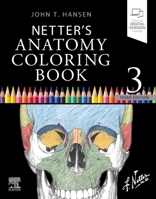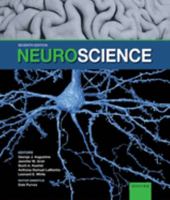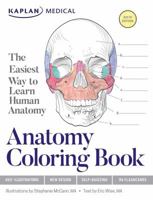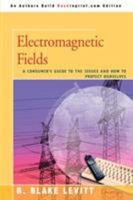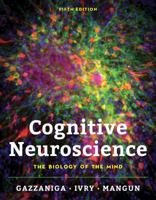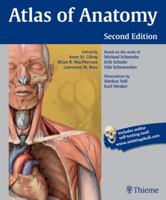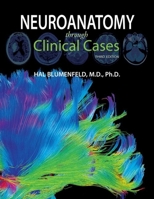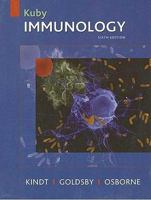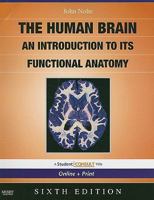Getting Things Done for Teens: Take Control of Your Life in a Distracting World
Select Format
Select Condition 
Book Overview
You Might Also Enjoy
Customer Reviews
Rated 5 starsEnjoying My Empty Nest
Not only does this book have wonderful recipies that I turn to time and again for taste, elegance, and simplicity, but the essays touch my heart, reminding me of the importance of building relationships and how they change and evolve over time. The nest is never empty for long; we're always cooking for someone and this book makes it easy!
0Report
Rated 5 starsA feel-good guide to tending the kitchen
Featuring more than 200 original recipes and 25 menus with "kitchen cook friendly" instructions, The Empty Nest Cookbook is an enthusiastically recommended, feel-good guide to tending the kitchen and preparing family meals after the children are grown and gone. Interspersed with thoughts and essays that offer illuminating insights to this new phase of domestic life, The Empty Nest Cookbook includes sometimes indulgent but...
0Report














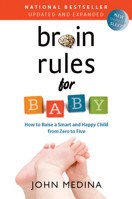
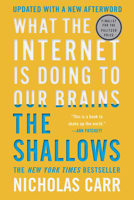
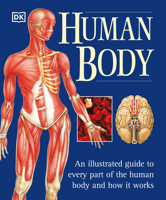
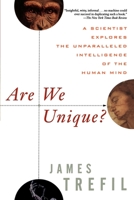
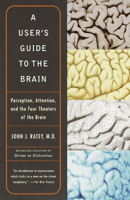

![Clinical Neuroanatomy Made Ridiculously Simple [Book & CD-ROM]](https://i.thriftbooks.com/api/imagehandler/s/FC8DB181431F4D416AB5B063057CA12A077FFD83.jpeg)
